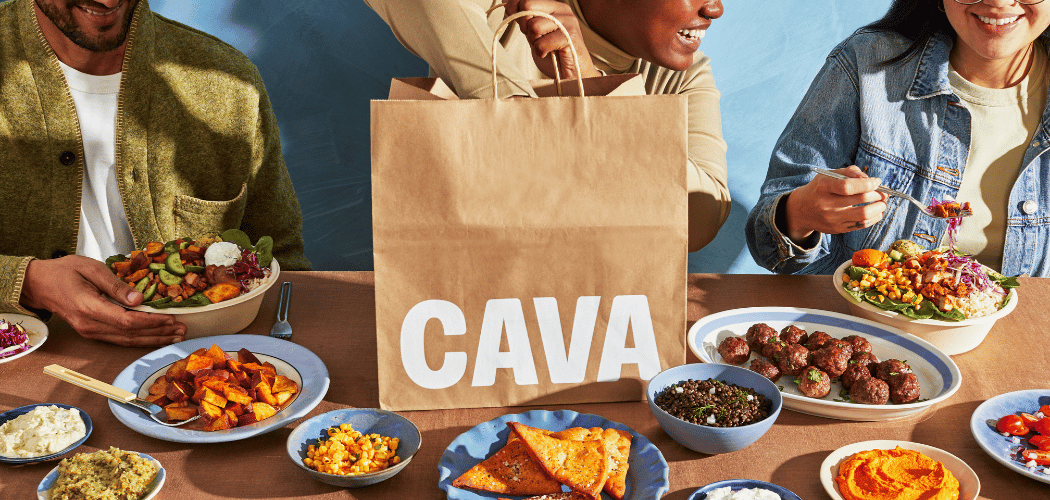Editor's note: Fast-Moving Consumer Goods (FMCG) companies have been seeking to make a direct connection to the end user of their products for decades. As retailers and brand marketers continue to invest in consumer engagement strategies and data analytics, FMCG's find themselves at a disadvantage as their primary sales channels put a "middle-man" between consumer and manufacturer. Loylogic, a global leader in creating and running e-commerce solutions for loyalty programs, has developed a forward looking point-of-view on how to solve the customer data riddle for FMCGs. We're pleased to share this perspective from this valued content partner.
A New Marketing Approach to FMCGs
Global consumer goods companies face the unpleasant truth that the success of the past cannot be reproduced in the future without a new approach to marketing. Direct consumer engagement has been the holy grail for decades. Could loyalty programs be the foundation of future success?
By: Loylogic
After decades of unstoppable growth, many incumbent fast-moving-consumer-goods (FCMG) manufacturers are struggling to adapt to a new reality. Previously successful business models are being threatened in the present environment of drastic transformation. The glory days of fast growth are fading.
The magic formula of perfected mass-market brand building, mass production at lowest cost per unit, strong relationships with mass retailers and vast investment in growth-securing M&A just doesn’t work anymore. According to a McKinsey study, the organic growth of the FMCG’s with net revenue of more than $8 billion has been weak over recent years, with annual growth rates at 1.5% lagging the total FMCG industry with 2.5%.
The competition in developed markets is relentless and a renewal in top-line growth rates is unlikely to be achieved without bottom-line sacrifices. While in the past emerging markets were able to make up for stagnating business elsewhere, this is no longer the case because emerging markets are delivering slower growth than forecasted.
Consumer Goods Disrupted by Rise of DTC Brands
Thanks to the disruption wrought by a wave of direct-to-consumer (DTC) brands, FMCG’s (referred to as CPG’s in North America) are no longer the cool kids in town and have lost competitive footing despite ongoing investments in mass marketing and traditional distribution channels. Today, every single consumer goods category is being disrupted to some degree by new competitors applying digitized business models, aggressively stealing market share.
One of the most remarkable examples in recent years is Dollar Shave Club. In the US, Dollar Shave Club gained 16% of the USD 3bn shaving market by dominating the fast-growing online channel. While Procter & Gamble’s answer was the launch of its own shaving club for its Gillette brand in 2015, another incumbent, Unilever, acquired Dollar Shave Club for USD 1bn.
Losing the cool kids’ tag is just part of the headache for FMCG companies. Another huge pain point is that they have no or only very limited direct relationships with consumers, forcing them to depend solely on retailers to reach the end user of their products. Retailers benefit from an unparalleled advantage: they have a physical presence through store locations and have been investing heavily in direct consumer relationships through data acquisition and sophisticated loyalty programs.
Retailers have Formed Buying Alliances
Such a holistic CRM practice allows retailers to capture an abundance of data on individual shoppers. Most make good use of this data, delivering more value for the benefit of their customers and themselves. In a best-case scenario, FMCG suppliers are selectively invited to participate in the retailers DTC-marketing activities, but pay handsomely for this privilege. In addition, retailers organized themselves in buying alliances and have become more powerful in negotiating with FMCG’s. As a result, FMCG category leaders had to face the uncomfortable reality of allied retailers dictating product pricing and influencing positioning of products on the shelves. It’s time for FMCG manufacturers to regain the initiative.
As a global consumer brand, when you think of how to engage with your consumers, you must be realizing that the foundation of true engagement is very thin because of your narrow CRM data base. Now, imagine a world in which you directly know where your consumers buy your products, what they buy from your range, and how often they repurchase. Going beyond reliance on aggregated sell-out reports on a weekly basis, there is opportunity to gather hundreds of thousands of purchase data points on an individual consumer level daily.
Getting to know your consumers allows you to build a direct relationship, to interact on an individual level, customize the customer value proposition, and deliver offers more effectively. Such a relationship enables you to redirect your marketing funds for greater efficiency and profitability. For example, it’s possible to reduce mass price-offs with low promotional effectiveness in retail channels, and to communicate your latest innovation or local sponsorship directly to your consumers.
FMCG Companies Need to Utilize Customer Loyalty and Data Tools
There are no two ways about it. Succeeding in the current and future marketplace requires getting closer to your customers. It’s not too late, and fortunately FMCG’s have tools available to put consumers at the centre of their business and win back some momentum.
Customer loyalty programs have been operating successfully for decades in travel, retail and payments industries and they have proven to create a treasure chest of customer insights as well as establish direct communication channels with customers.
Through successful operation of these customer loyalty strategies with many global brands, Loylogic sees the opportunity for FMCG to renew focus on reaching the end user customer and employ loyalty programs as a means to generate the massive benefits they provide. We believe the implementation of a points-based loyalty program enables multifaceted ways to not only build a valuable customer data base but also strengthen the bond between brands and their consumers.
By rewarding consumers’ brand engagement with program points and offering curated choice for point redemptions, FMCG brands increase awareness and relevance in consumer minds. In addition, carefully procured partnerships not only complement the immediate product benefit but also enhance the overall brand value proposition. As a positive side-effect, such partnerships can financially support the program (for example, by selling program points to selected partners). Furthermore, Loylogic developed an instant-win application which helps the program to educate their members (for example, to scan every product purchase) and create incremental brand excitement (for example, free participation in raffles depending on consumer behaviour).
A seamless integration of customer loyalty strategy in your marketing mix enriches your overall business strategy and enables effectiveness along all brand touchpoints during the consumer lifecycle.




